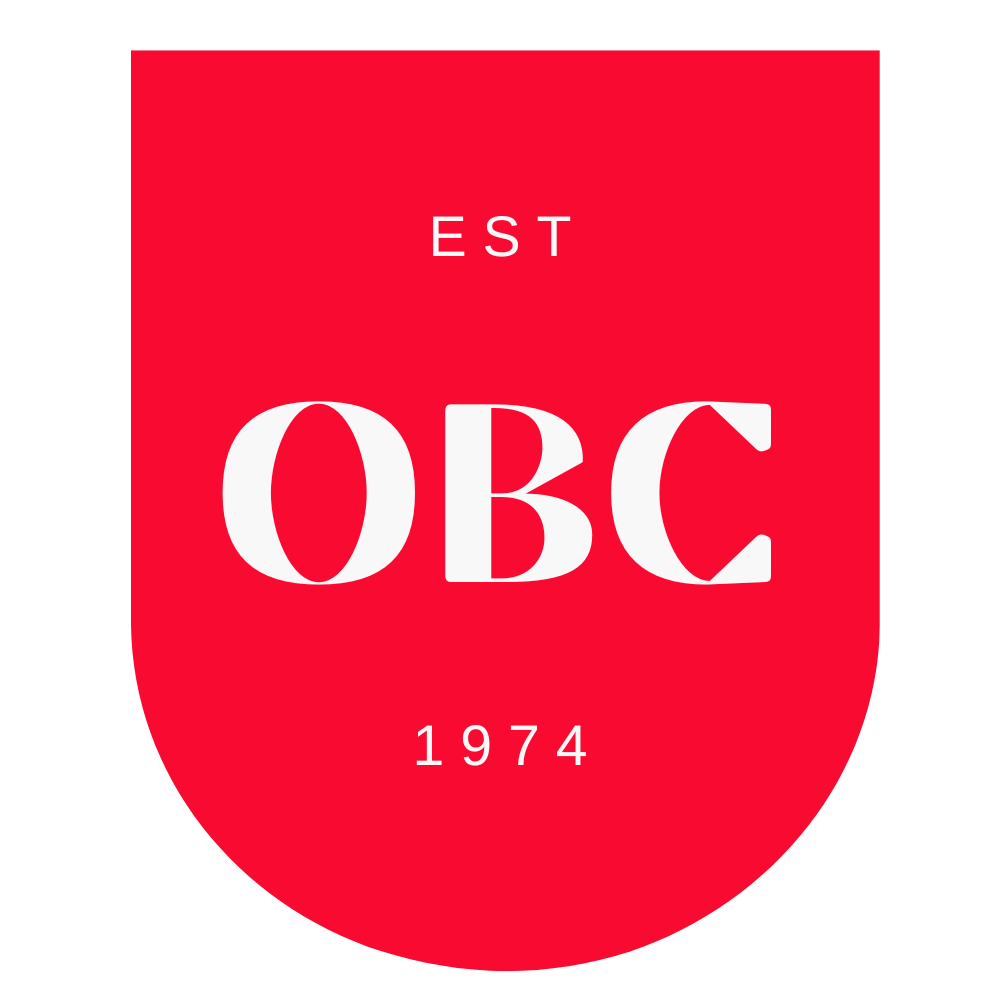
Frequently asked questions.
-
OBC functions in partnership with church-cohorts as the learning-centers for practical application of the student’s Theological studies. OBC utilizes local pastors as Educational Mentors. The bricks and mortar of the local church allow OBC to take a church-based, ministry-centered, approach to the education and equipping of their students.
OBC utilizes Populi as its Learning Management System. Through this virtual platform, OBC assesses course requirements and syllabi, lectures and learning supports; students submit all assignments and pay tuition; OBC develops student life; and administration communicates with the student body, etc. In addition, OBC matches students up to meet with Educational Mentors who walk them through their educational experience. OBC also appoints students with an Academic Advisor who help them develop academically.
This churched-based educational system makes for a streamlined approach to a recognized, quality education that is self-paced, affordable and accessible anywhere in the world where an internet connection is available. Under this approach, students and churches have the important benefit of maintaining student involvement in their local church and even having their church participate in their educational process in a significant way.
This practical application of course material and work within a ministry context is fundamental to OBC’s philosophy of education and equipping for ministry.
-
OBC does not have a campus (Students can study wherever they are).
OBC works in partnership with Biblical Training and local churches (OBC requires students to work with an Educational Mentor. Most often a suitable Mentor is found in the student’s local church and in many cases a church cohort of students meet within the context of that church and it’s ministry. OBC provides online cohorts in the case that a student does not have a suitable Educational Mentor).
Students take one course at a time instead of five courses (Undergraduate courses are scheduled to take one month but the student can request an extension. Graduate courses are scheduled to take two months but the student can request an extension).
All lectures are recorded rather than streamed. Students can listen to them at their own pace and schedule (Students can even listen to them multiple times if they need or want to).
Through OBC’s partnership with Biblical Training, the student has access to a collection of the best Bible teachers in the world.
OBC does not have a bookstore or library (students typically purchase books online and access other educational resources on the internet and through local theological libraries the student may have access to).
OBC tuition is around one-fifth of the cost of a typical Bible College or Seminary.
-
Undergraduate tuition - $75 per credit
Graduate tuition - $180 per credit
Contact us for information on reduced tuition when you enrol with our subscription plan.
OBC does not have a campus that it needs to support financially.OBC utilizes a virtual classroom platform far less expensive than the traditional classroom.
OBC partners with pastors in local church contexts who are already involved with and invested in equipping and discipling within their church body.
-
OBC provides and manages the program for each degree.
OBC determines, directs, and receives all coursework; records grades and keeps records for legal purposes in order to provide transcripts and award degrees.
OBC ensures that all the conditions required of a recognized institution in the Province of British Columbia are fully satisfied.
OBC works to create community life for students that nurtures growth and encourages the equipping process.
-
OBC wants students to start at the most appropriate level of education based on prior learning.
OBC will assess a prospective student’s previous education and experience to determine the appropriate level to start their studies.
Undergraduate students may qualify for advanced placement. In some cases, students who have not completed a formal undergraduate degree may qualify to enter the Graduate Program.
OBC will assess credits in the field of Religious Studies that have been completed at recognized educational institutions. These credits will likely be accepted as transfer credits.
